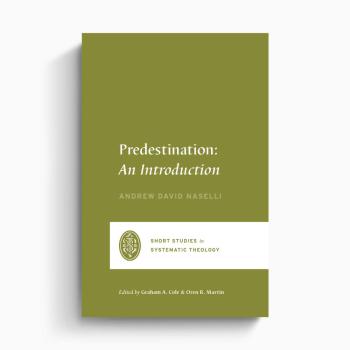Review of The Fiery Trial: Abraham Lincoln and American Slavery by Eric Foner
By PAUL D. MILLER
Abraham Lincoln was a racist who believed Africans were intellectually inferior to whites and should not have equal political rights with their racial superiors. He opposed immediate abolition and favored only gradual emancipation, coupled with compensation for slave owners deprived of their property, and followed by the deportation of ex-slaves back to Africa, or colonized in South America. His initial plan for Reconstruction envisioned almost no role for blacks in the social and political life of the new nation. The Thirteenth Amendment, which finally abolished slavery, was not Lincoln’s idea or initiative, and he passed on his first opportunity to endorse it, doing so only later after it won overwhelming support in the Senate.
These are among the revelations in Eric Foner’s Pulitzer-prize winning book The Fiery Trial: Abraham Lincoln and American Slavery. The book is neither a biography of Lincoln nor a history of the Civil War. Instead, it is a history of Lincoln’s views on race and slavery and a history of U.S. slavery policy in the decades leading up to the Civil War. It recounts the government’s march from constitutionally protecting slavery as late as 1862, to abolishing it just a few years later.
Lincoln was forced by events towards a stronger emancipation policy during the Civil War, but the famed Emancipation Proclamation was far less than its reputation suggests. It was a military measure ordered by the commander-in-chief to deprive the Confederacy of war materiel, justified by military necessity, riddled with exemptions, and applicable only wherever the Union lacked the power to enforce it. It was not a principled document announcing the final abolition of slavery on moral grounds. Its practical effect was negligible. Similarly, it was blacks’ service in the Union Army—not good theology—that did the most to shift Lincoln to a more radical view in the final months of his life.
Lincoln was simply wrong on the biggest moral and theological question of his day: the true equality of Africans as human beings and their right to equal protection under American law. This cannot be written off as historical context. Lincoln was behind his times: tens of thousands of clearer-headed Northerners—mostly, as Foner points out, evangelical Christians motivated to abolitionism because of their theology—got right what Lincoln got wrong. The religiously-motivated abolitionist movement, of which Lincoln was never a member, correctly saw that Africans were human beings of equal worth and dignity as any other. Lincoln had the benefit of living witnesses to explain all this to him, but he consciously and explicitly disagreed with them. He argued for gradualism, compensation, and colonization throughout his life. He famously said that if he could save the Union by freeing all the slaves, he would do it, and if he could save the Union by freeing none of the slaves, he would do it. He is often lauded for his single-minded purpose: but think about his statement carefully. The idea of restoring the pre-war slave Union is morally repugnant.
Yet Lincoln got one thing right that the abolitionists got wrong. He actually ended slavery. The abolitionists did not. Lincoln’s brief political career achieved more to end slavery than decades of activism, writing, talking, awareness-raising, and rallying by the abolitionists. The abolitionists certainly were useful to Lincoln—he could hardly have achieved what he did without the pressure they put on the system—but they equally could never have achieved anything at all without his election and political machinations.
The story of Lincoln and the abolitionists is instructive. Ideologues see the issues clearly, and for that reason have trouble understanding why anyone would ever want to deviate from them. They argue forcefully and persuasively, and they may in the end be proven right. But in a democracy ideologues never achieve anything on their own. Politicians exist to translate ideas into action. That requires compromise and flexibility—anathema to the ideologues. Worse, the politicians get all the credit. There is no monument to William Lloyd Garrison on the National Mall, despite his vastly more enlightened views on race. But in the end, if ideologues ever want to see progress, they have to learn to shut up, find a useful idiot to bear their standard, tolerate whatever compromises need to be made, and let the politicians get all the credit—and then start over again to correct the mistakes of their past victories. That’s politics in a democracy.
Lincoln was no idiot. But he was used by the abolitionists, who were often in the driver’s seat of history in the Civil War era. Lincoln acknowledged that events moved him more than he moved events. He was carried along by the tide of history—history that was shaped and pushed at least in part by the abolitionists whose cause he disdained but ultimately achieved. It is strange that Providence allows—ordains—such a system, but as Lincoln would be the first to say, “The Almighty has His own purposes.”












